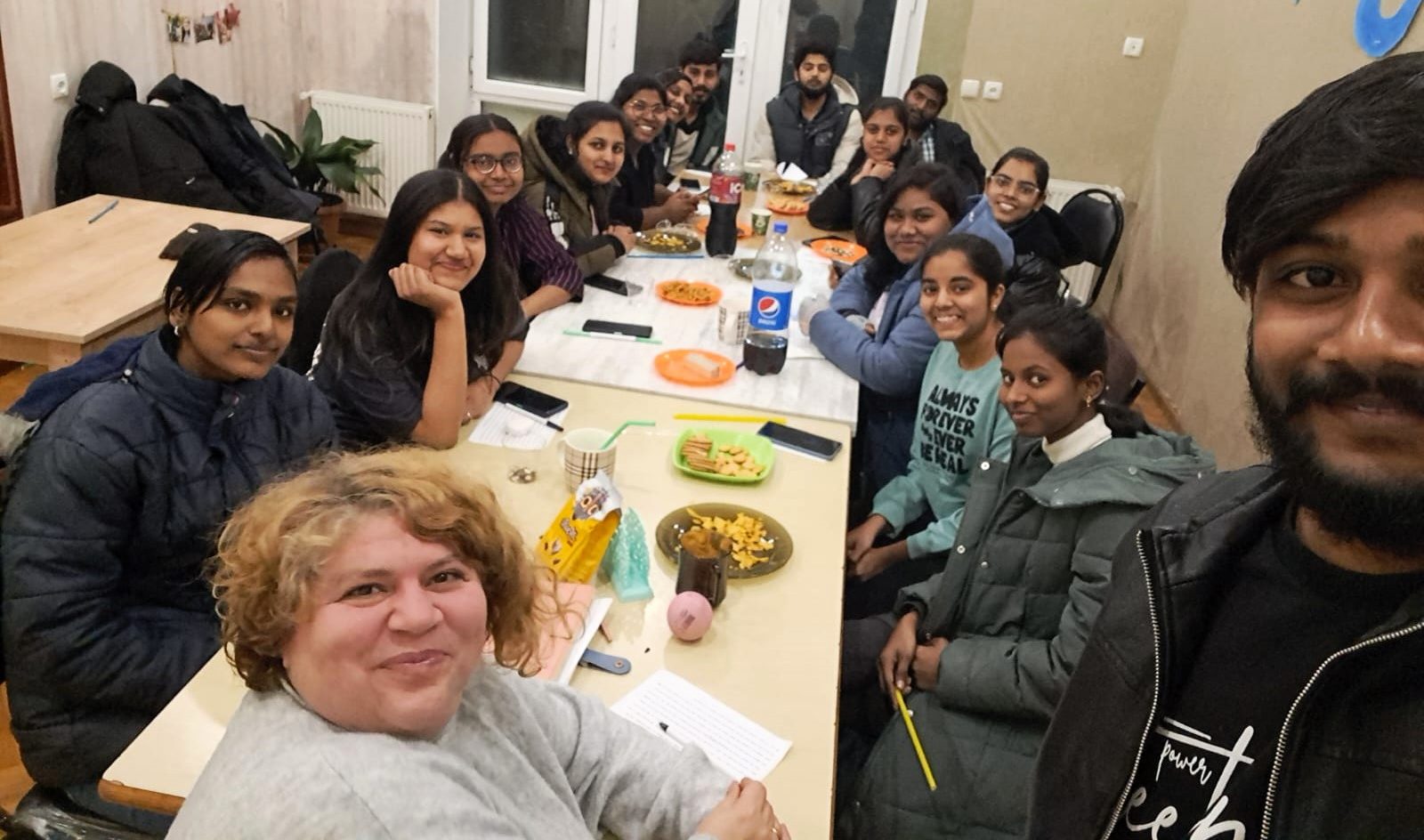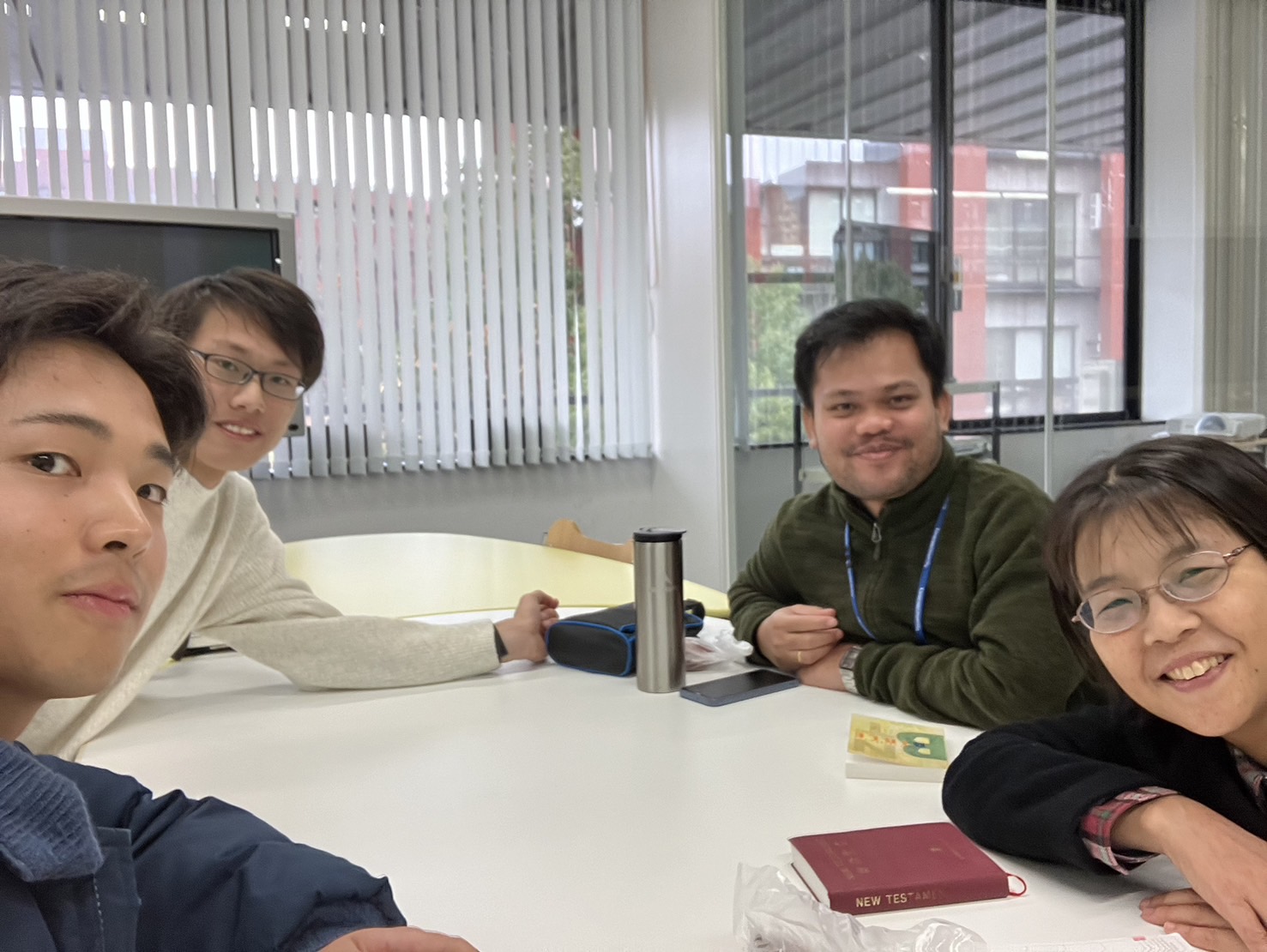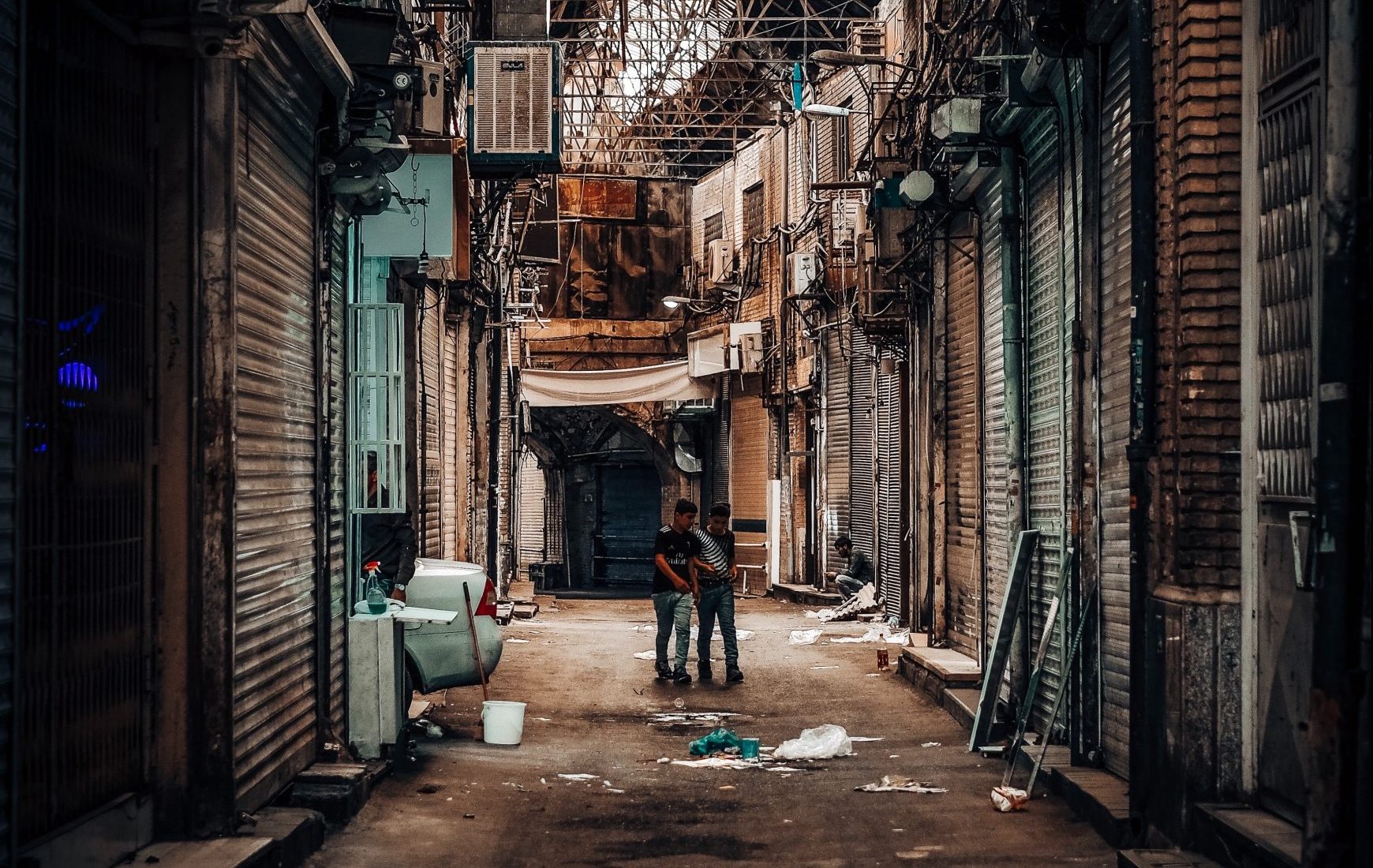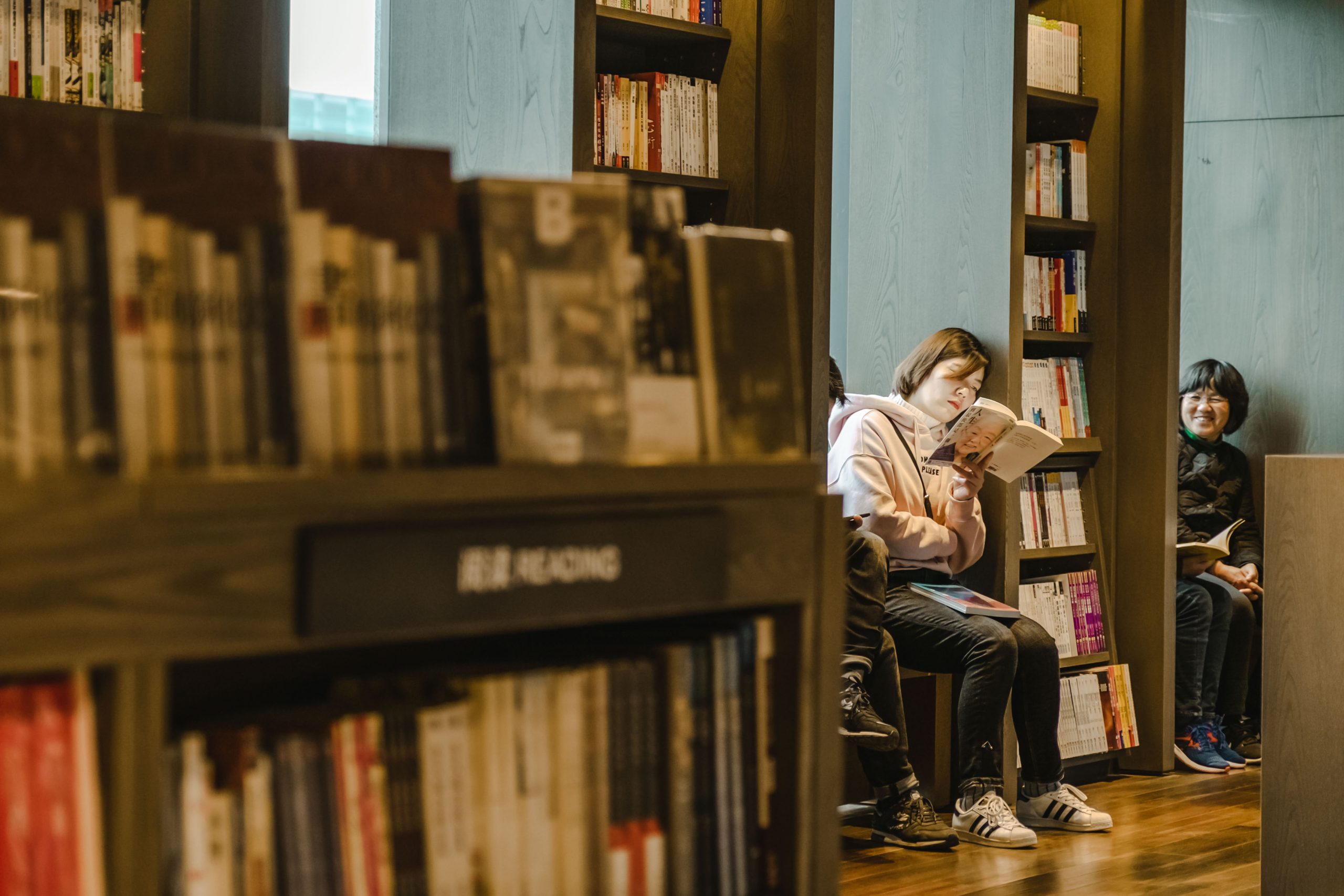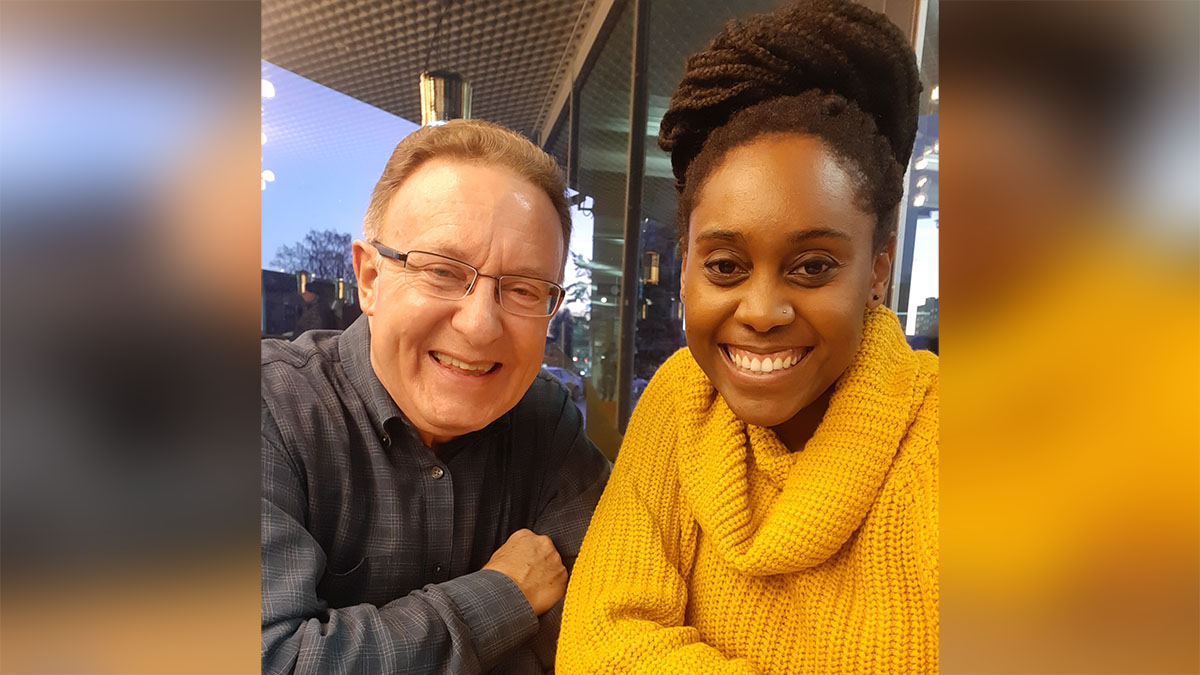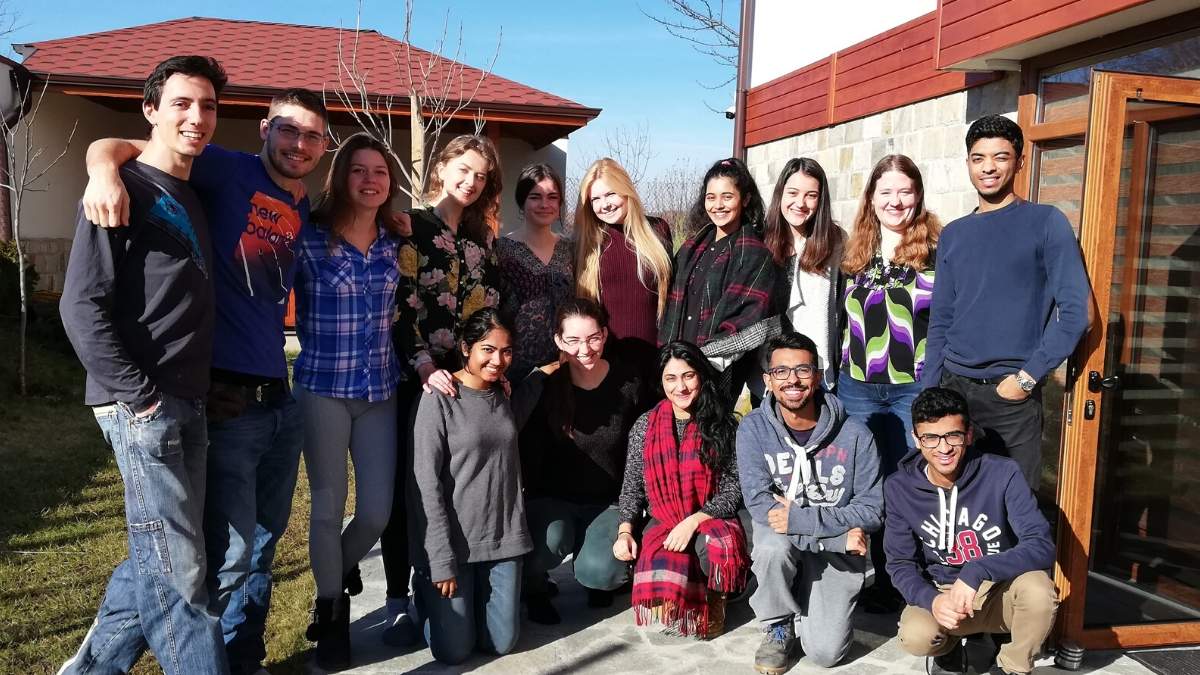INTERNATIONAL STUDENT MINISTRY
Sunil is studying medicine in Georgia. He felt homesick and lonely, but he’s found friendship through the local IFES group.
Umar encountered Christ while studying in Germany. With a passion for the gospel, he’s now returning home to his sensitive country in Eurasia.
Solange has been sent from her IFES group in Francophone Africa to a city in a nearby country. The campus has no Bible study group, but they’re praying she can start one.
Beibei from China has joined a campus Bible study group in New Zealand. She’s reading about Jesus for the first time in her life.
Yasmin faced persecution for Christ in her Middle East homeland. In her university fellowship group in the United States, she’s inspiring peers with testimonies of God’s protection.
What happens when we welcome, befriend, and introduce international students to Jesus?
What happens when we learn from our sisters and brothers sent to us from elsewhere?
What happens when we send students who are passionate about starting campus ministry to other countries?
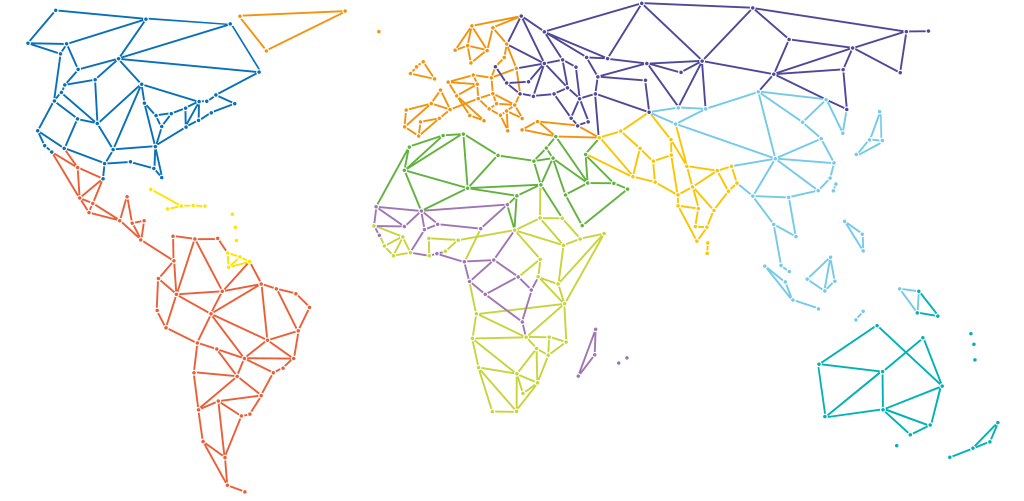
We participate in a divine strategy: the reaching and shaping of the nations.
The IFES International Student Ministry (ISM) team supports national movements as they live out the gospel to and with international students.

We help discern needs, share best practices and resources, and foster interaction between regions.
Get support and find partnership – locally, nationally, and globally.
Participate in the divine strategy today.
MEET THE TEAM
Contact one of our growing team to receive ISM support in your context:
If your region isn’t listed, then contact wesley.chiang@ifesworld.org.
INSPIRING ISM STORIES
GET THE ISM NEWSLETTER
Sign up for stories and insights about ISM from different parts of the world. In each edition, explore a key aspect of this ministry and discover resources to support your work.
Whether you’ve been engaged in ISM for years or are just thinking about getting started, this newsletter is for you.
KEY RESOURCES
How can we welcome international students?
IFES Sobremesa is an initiative that promotes friendships with international students.
“We want to sit at a table where people from every nation, every tribe, and every tongue are welcomed in the name of Jesus; a table that is made whole in its diversity; and a table that reflects the loving character of God.”

How do we set up an ISM group?
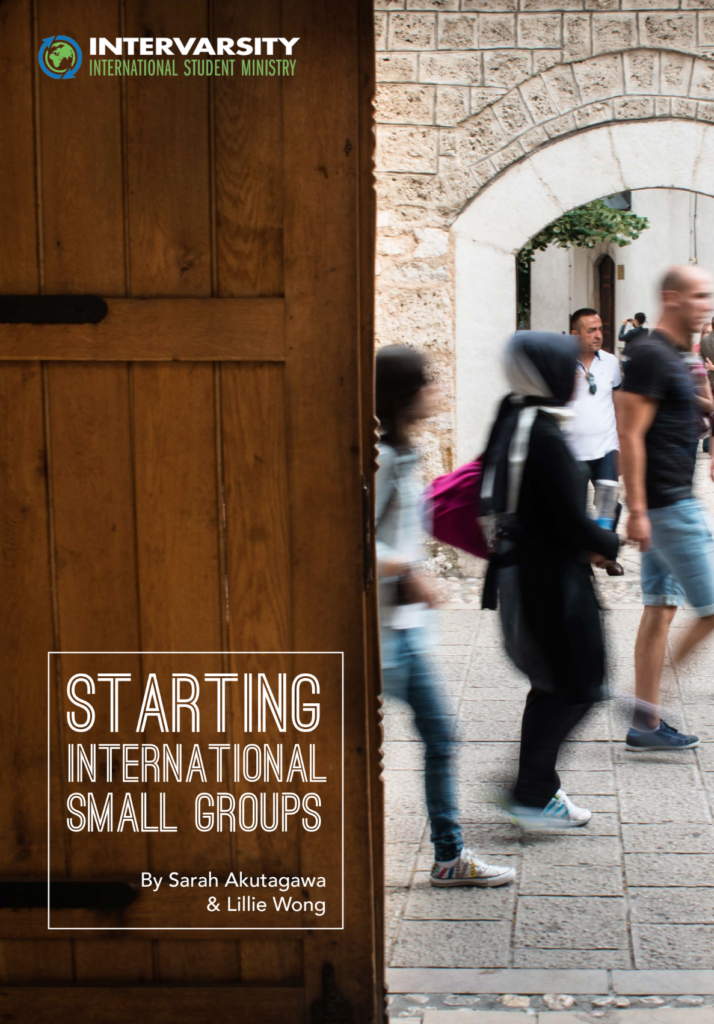
This comprehensive guide from InterVarsity/USA has training, practical tools, and five Bible studies to help you prepare for starting an international student small group on your campus.
How can we equip students to go overseas missionally?
SENT – Study Abroad Handbook, produced by IFES Europe, helps students explore how to think and act missionally while studying abroad.
And a similar booklet produced by the IFES Francophone Platform is: NOUVEAUX HORIZONS: Guide de l’étudiant international.
How can we send international students back home well?
“After returning home, no matter where you are…, through your faithful obedience, you can be used by the Lord to expand the Kingdom of God – His family!”
This Returnee Workbook helps students to process issues around Christian calling, character, community, and commission as they return home from abroad. Produced by the Japanese Christian Fellowship Network (JCFN), which works closely with the IFES movement in Japan (KGK).
What other resources are available?
Our team works closely with IFES national movements and other organisations supporting ISM. By browsing this list of websites, you can find a wealth of ideas and tools:
Do you know a good ISM resource not listed here?
Then, let us know – email Wesley.Chiang@ifesworld.org
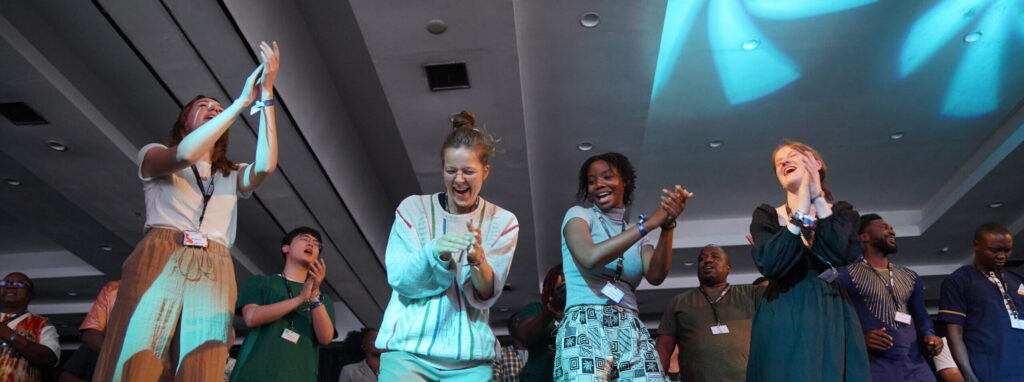
SUPPORT ISM TODAY
Participate in the divine strategy! Reach and shape the nations through your support for international student ministry.
“My house will be called a house of prayer for all nations”
(Isaiah 56:7)
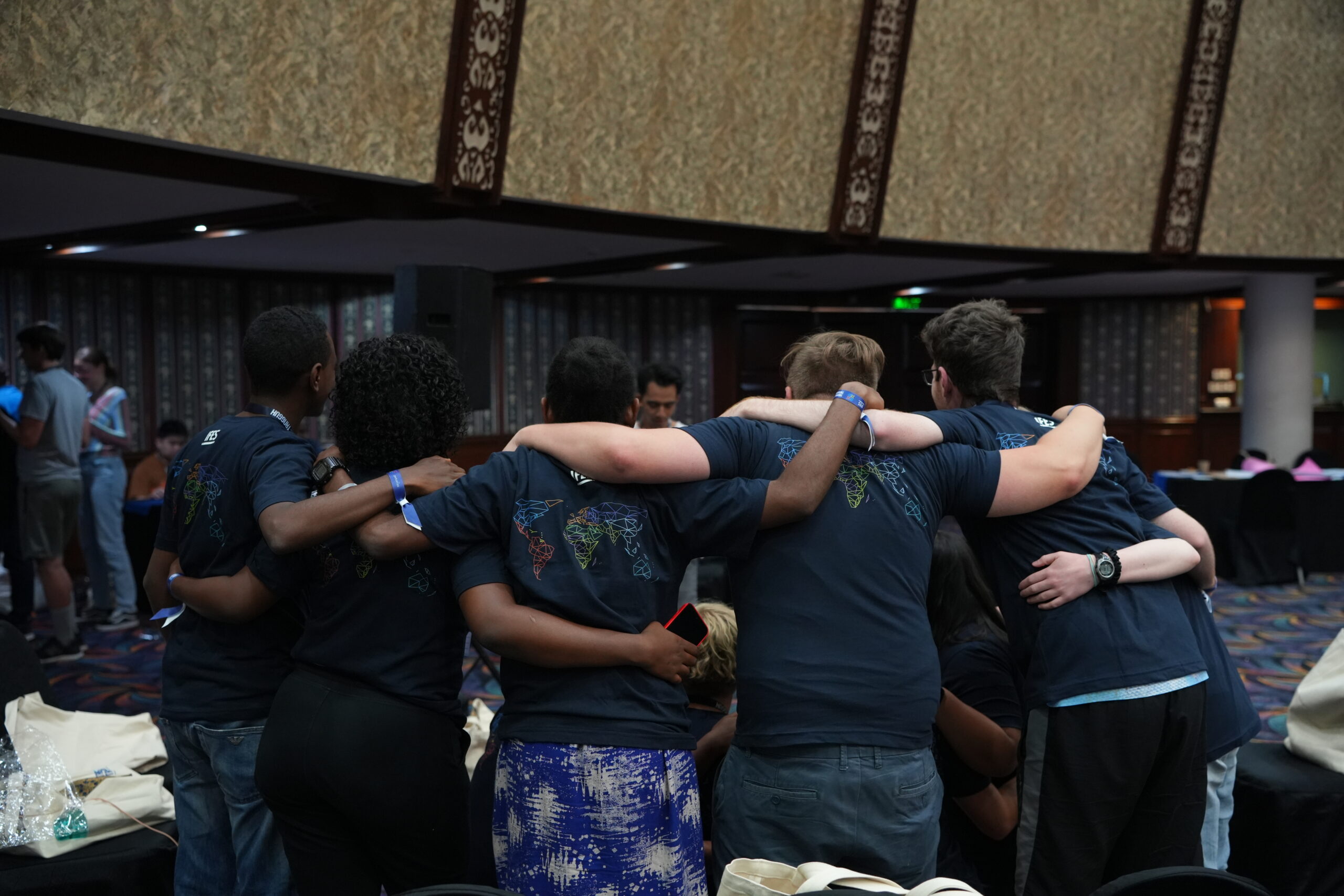


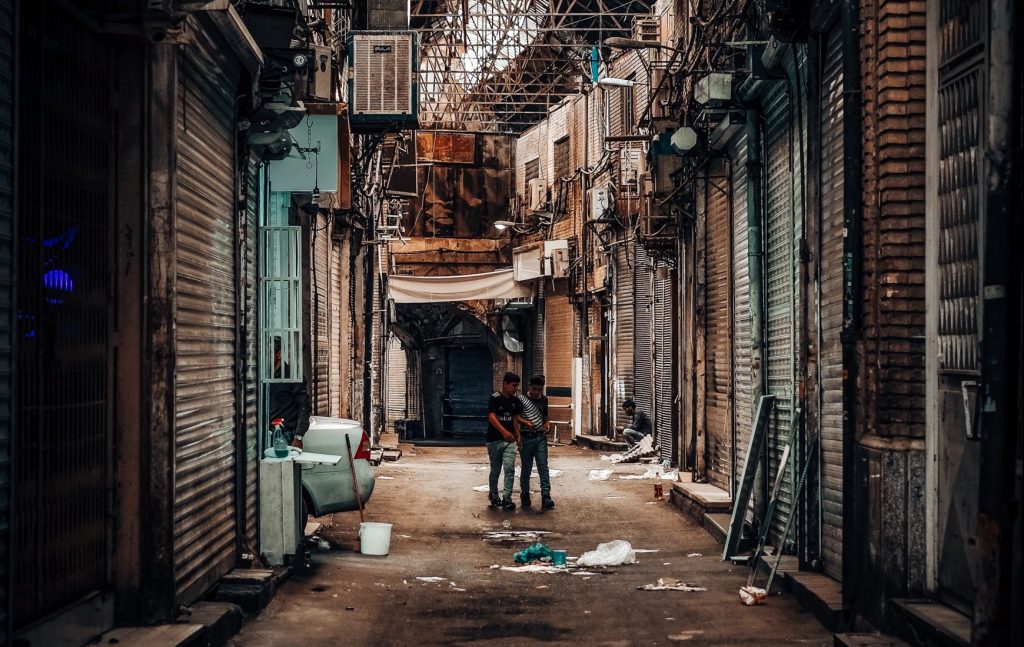
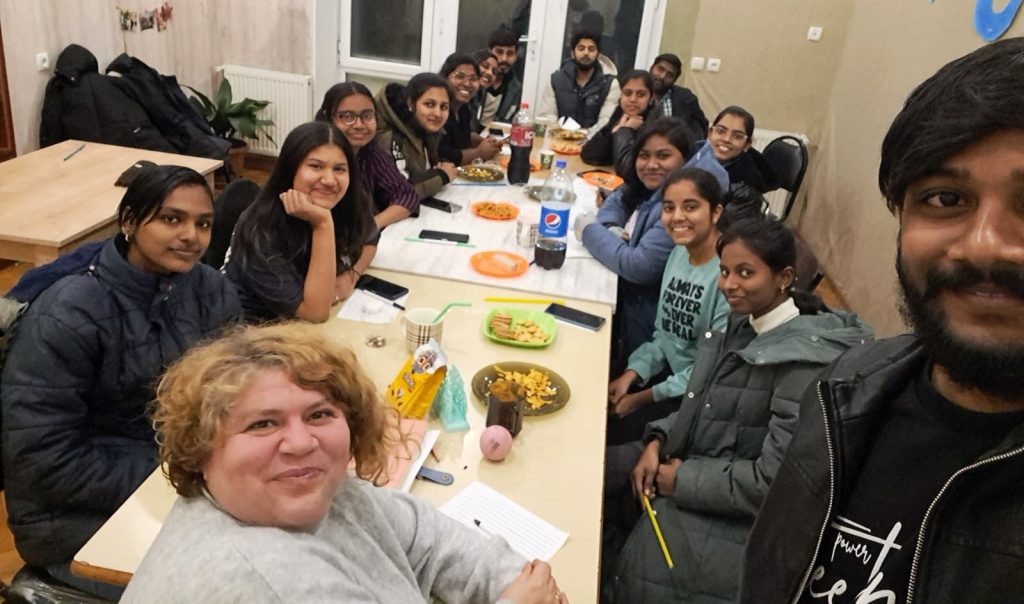

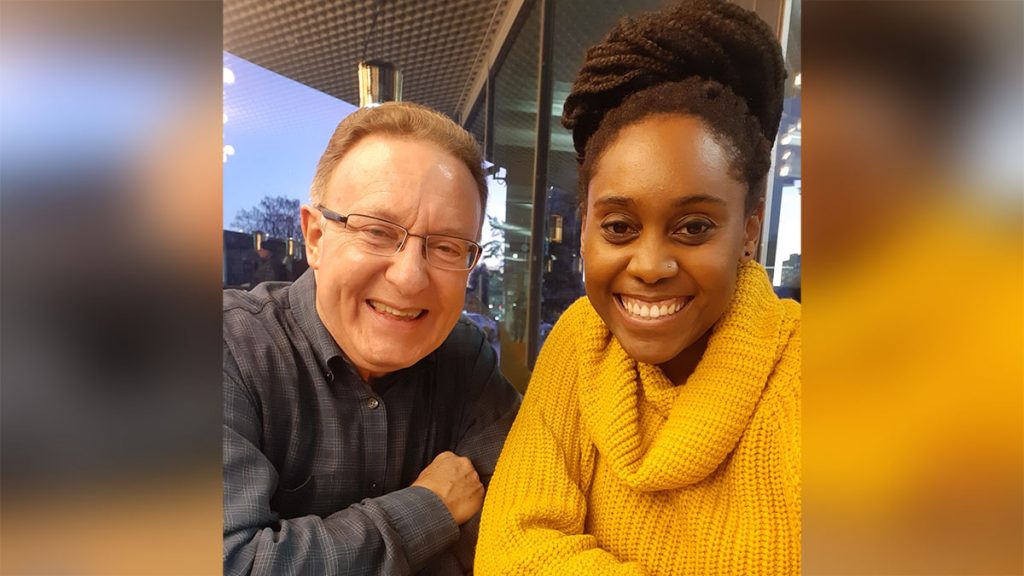
 Secure donation
Secure donation